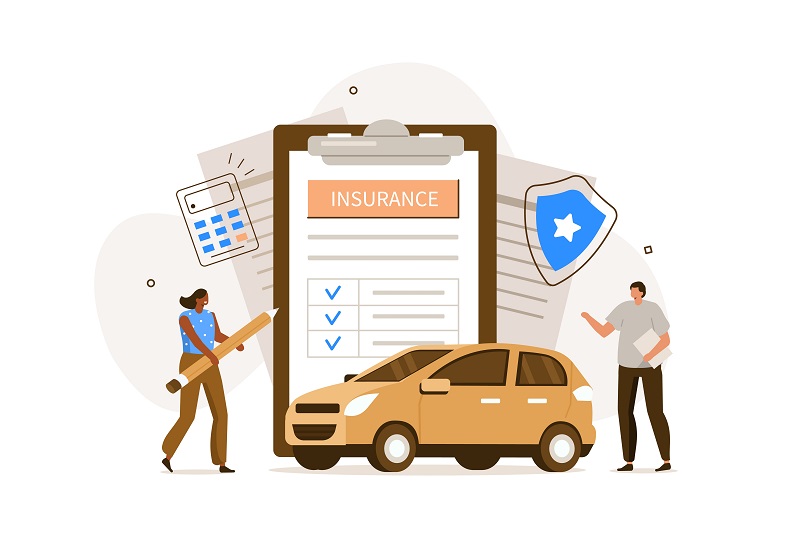



Once your purchase your auto insurance policy, your insurer will send you proof of insurance. Proof of insurance is a document that verifies your policy. If you use your vehicle as your primary method of transportation to get to work or to conduct work-related activities, your employer may ask to see proof of your auto insurance. To ensure that your policy is up to date, your employer may want to verify it on a semi-annual basis.
Proof of auto insurance helps your employer establish the validity of your policy. They also use it to confirm important information. Your proof of insurance should be available in the form of a letter or an ID card. It should include the names of everyone insured under your policy, your vehicle information, your nine-digit policy number, the amount of coverage you have, your premiums, and the start/end date of your policy. You can also maintain a digital copy of your policy and get it printed when needed.
Generally, your employer will ask you to validate your auto insurance policy whenever you are operating your vehicle to perform tasks related to your job. Your auto insurance policy must include liability coverage as it helps cover any property damage and medical expenses incurred if you are involved in an accident. Many auto insurance policies also contain personal injury protection. If you and another employee are riding together and get involved in an accident, personal injury protection covers you and your co-worker's medical expenses. Your policy should also contain collision or comprehensive coverage that will cover your vehicle if it is stolen, vandalized, set on fire, collides with another object, etc. Do not rely on your personal auto insurance to cover you during business hours. If you hit another vehicle while performing work-related tasks, you may not be covered. If it's a one-time thing, your personal coverage may protect you, but if driving is an important part of your job, you'll need commercial auto insurance.
Commercial auto insurance protects you while you complete your business endeavors. You can purchase your own policy or choose to stay covered under your employer's policy. Commercial auto insurance protects you if you operate your personal vehicle for work or operate commercial vehicles like a dump, food, or semi-trucks. This policy contains all of the features of traditional auto insurance policies such as collision, comprehensive, and liability coverage. It also includes non-owned vehicle coverage, which extends financial protection to personal vehicles. If you work as a taxi driver, commercial coverage may not be necessary. Instead, you can choose to add rideshare coverage to your personal auto insurance policy.
Your employer wants to make sure that you are fully protected. In addition to a comprehensive policy, your personal auto insurance policy can act as a form of supplemental insurance. That way, you are completely covered in the event of an accident. Your employer also wants to make sure that you are adhering to the minimum coverage rules in California. Generally, these minimums include property damage liability, bodily injury liability, personal injury protection, and uninsured/underinsured motorist coverage. If you are ever caught between policy renewals, it's expected that you would at least have some type of coverage while you are driving for work-related errands. Proof of auto insurance is important because it ensures that you are protected against potential accidents. Your employer wants to avoid any risks to the company, and your driving without insurance is one such major risk. If you have any questions about your auto insurance policy, contact our experts at Little & Sons Insurance Services today. Serving Banning and the surrounding cities in California, we are ready to assist you with all your insurance needs.